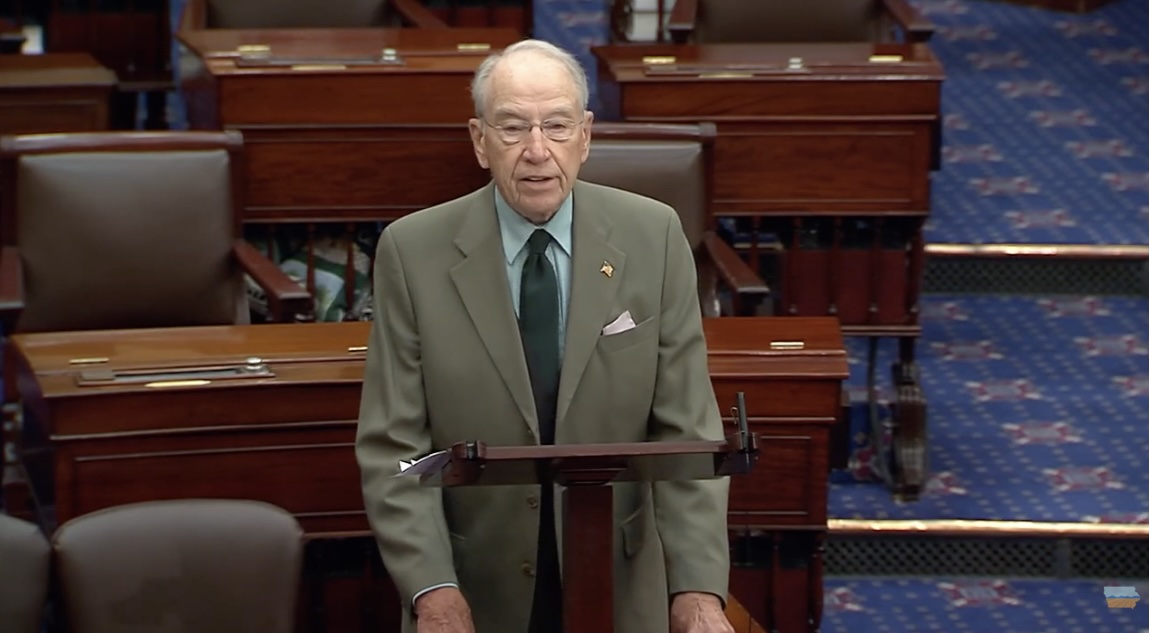Bruce Lear lives in Sioux City and has been connected to Iowa’s public schools for 38 years. He taught for eleven years and represented educators as an Iowa State Education Association regional director for 27 years until retiring. He can be reached at BruceLear2419@gmail.com
Protecting children is a shared value of most adults. A newborn can’t leave the hospital unless they’re buckled into an approved car seat. We childproof our houses. We gasp the first time they swing too high and move closer to catch them if they fly out. When they’re tweens and teens, we stay up sweating until they’re home. We insist on seat belts, driver’s training, and helmets for bicycle riding.
At school, there are tornado, fire, and lockdown drills. There are lists of people approved to pick up students at the end of the day. Schools warn parents not to send a sick child to school.
We’re protective and cautious.
That’s why a bill now pending in the Iowa House is so troubling.
Continue Reading...



















